Business Opportunities in Tunisia | 被動收入的投資秘訣 - 2024年9月

Business Opportunities in Tunisia
According to the U.S. International Trade Commission, in 2013 Tunisia was the United States' 88th largest goods trading partner. Bilateral trade in goods reached $1.54 billion, with U.S. exports to Tunisia totaling $804 million. Top U.S. export categories were petroleum oils, petroleum coke, aircraft, soybeans, seeds, fruit and machinery. Major imports from Tunisia included olive oil, animal or vegetable fats, apparel, and electrical machinery. Tunisia has a diverse, market-oriented economy. According to the IMF, real GDP growth in 2013 was 2.6%, about 1% below growth in 2012. Real GDP growth for 2014 is expected to tick upward slightly. Unemployment remains frustratingly high at over 15%, with the jobless heavily weighted towards the youth and recent university graduates. With its eye on providing employment opportunities, the Government Tunisia (GOT) is focused on bolstering the country's export sector, foreign investment, and tourism. Key exports include mechanical and electrical industries, textiles and apparel, food products, petroleum products, chemicals, and phosphates. Almost 70% of Tunisia's exports go to the European Union. According to the Central Bank of Tunisia, export of manufactured goods excluding food products grew at a 6.8% pace in 2013. Energy exports and minerals mainly crude oil and phosphate exhibit high year-to-year variance, depending on market conditions. Imports rose by 5.8% in 2013, a much slower pace of increase than was registered in 2012. Importation of raw materials and semi-finished products also lagged behind in 2013 as did industrial sector consumption of medium and high voltage electricity. Capital goods imports dropped by 2% after seeing a 14% increase in 2012. Despite economic uncertainties during Tunisia's political transition following the 2011 Revolution, Tunisia demonstrated moderate growth of 3.7 % in 2012, and 2.6% in 2013. With the formation of a new technocratic government and the adoption of a new constitution in January 2014, investors expressed optimism that macroeconomic stability will continue after presidential and legislative elections late in 2014. Tunisia offers investment incentives to all investment projects, except those relating to mining, energy and finance. The somewhat dated 1994 Investment Incentives Code promotes the country's overall investment goals. A more up-to-date investment code is being crafted.
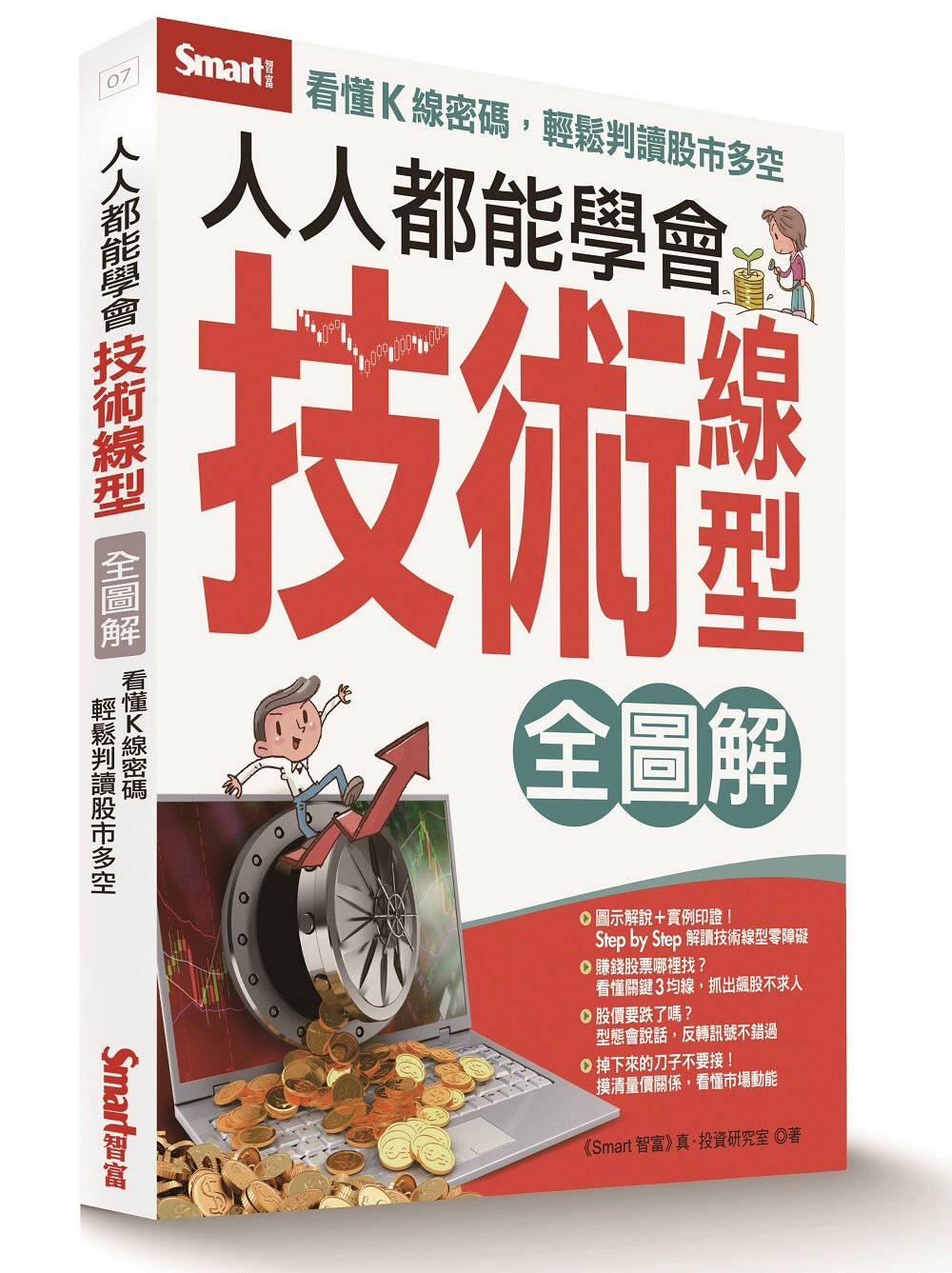 人人都能學會技術線型(全圖解)
人人都能學會技術線型(全圖解) 飆股女王林恩如,超簡單投資法:2條...
飆股女王林恩如,超簡單投資法:2條...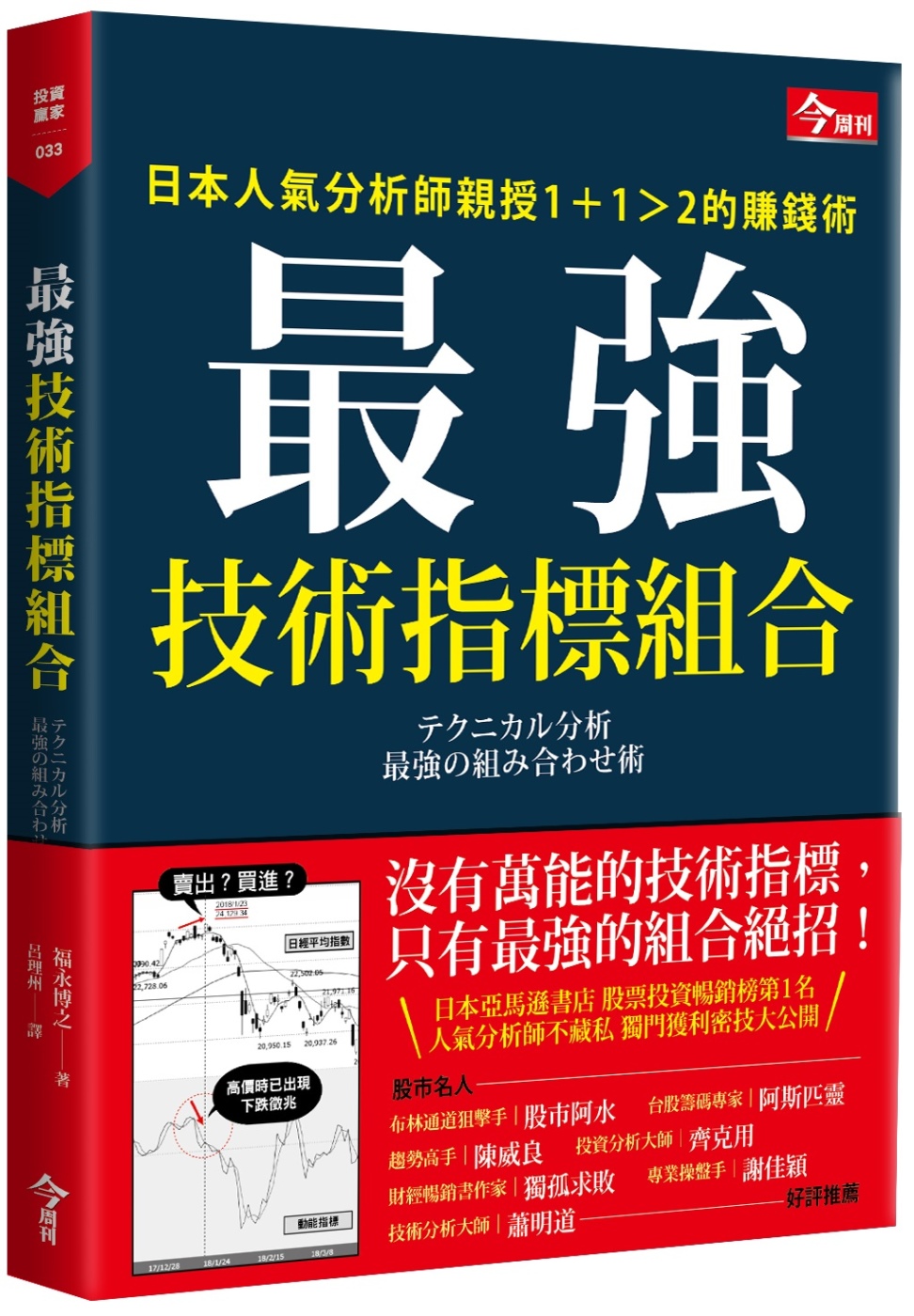 最強技術指標組合:日本人氣分析師親...
最強技術指標組合:日本人氣分析師親... 獨孤求敗贏在修正的股市操盤絕技(五...
獨孤求敗贏在修正的股市操盤絕技(五...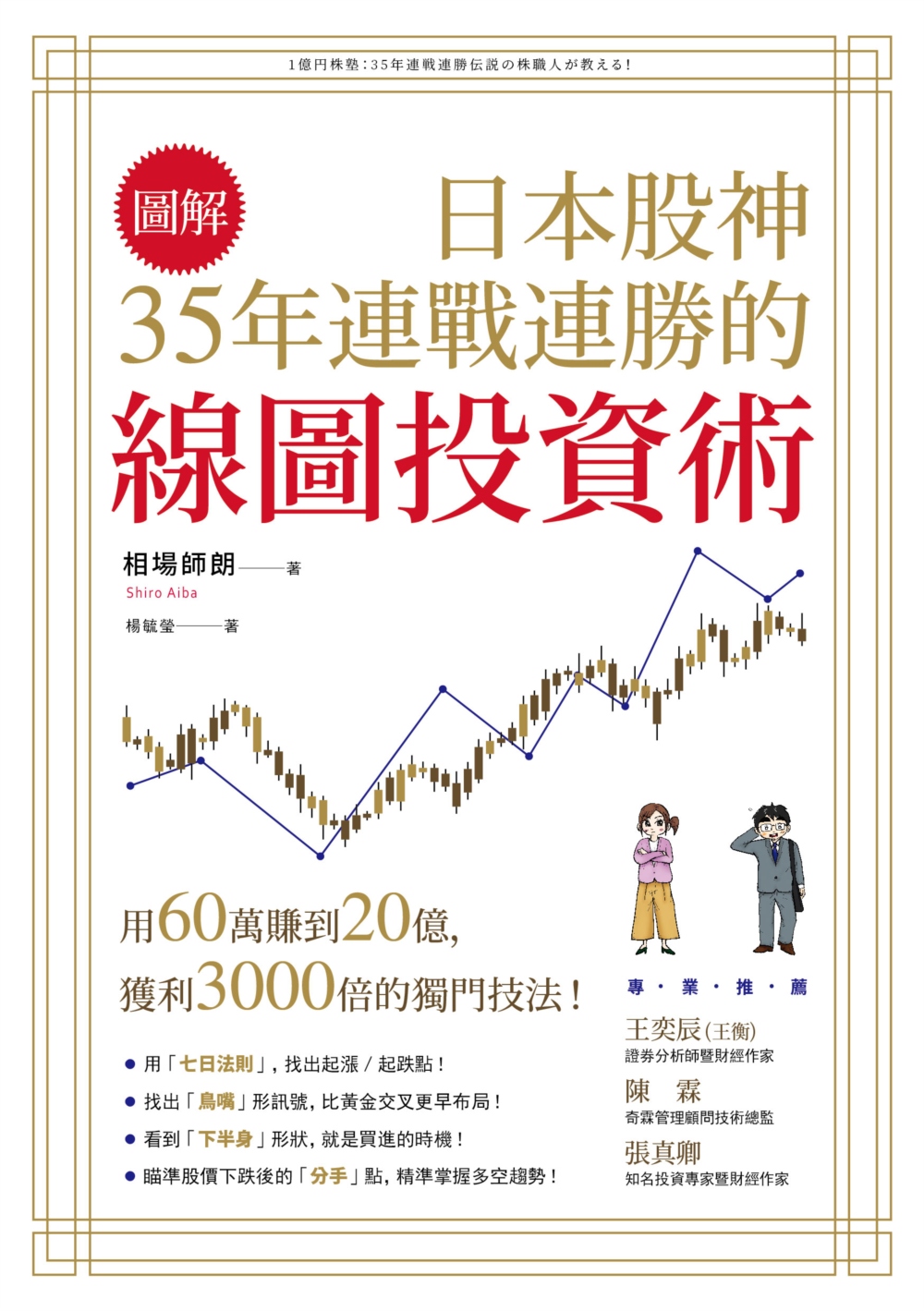 【圖解】日本股神35年連戰連勝的線...
【圖解】日本股神35年連戰連勝的線...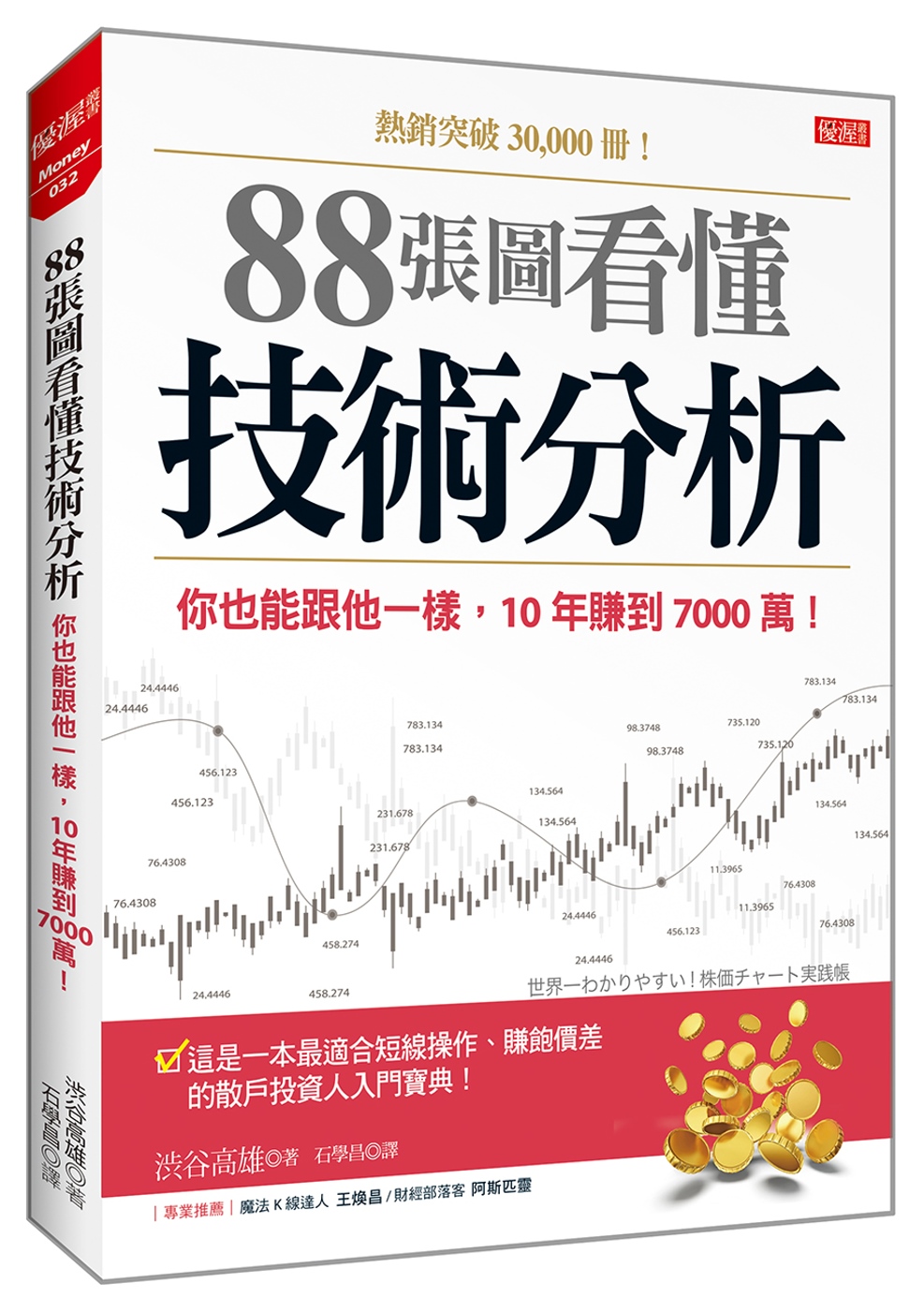 88張圖看懂 技術分析:你也能跟他...
88張圖看懂 技術分析:你也能跟他... 親愛的艾德華【亞馬遜年度總榜第二名小說】
親愛的艾德華【亞馬遜年度總榜第二名小說】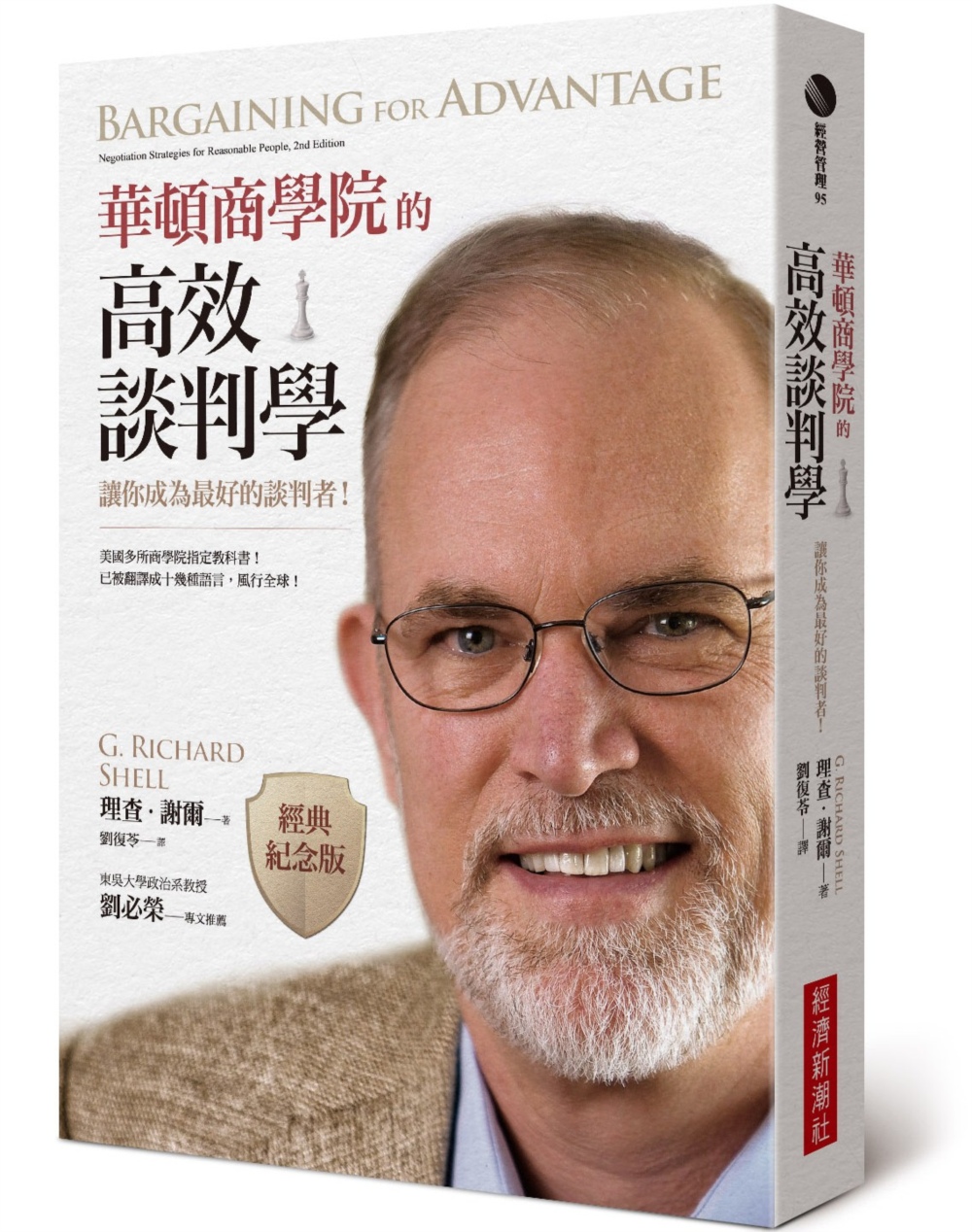 華頓商學院的高效談判學(經典紀念版...
華頓商學院的高效談判學(經典紀念版...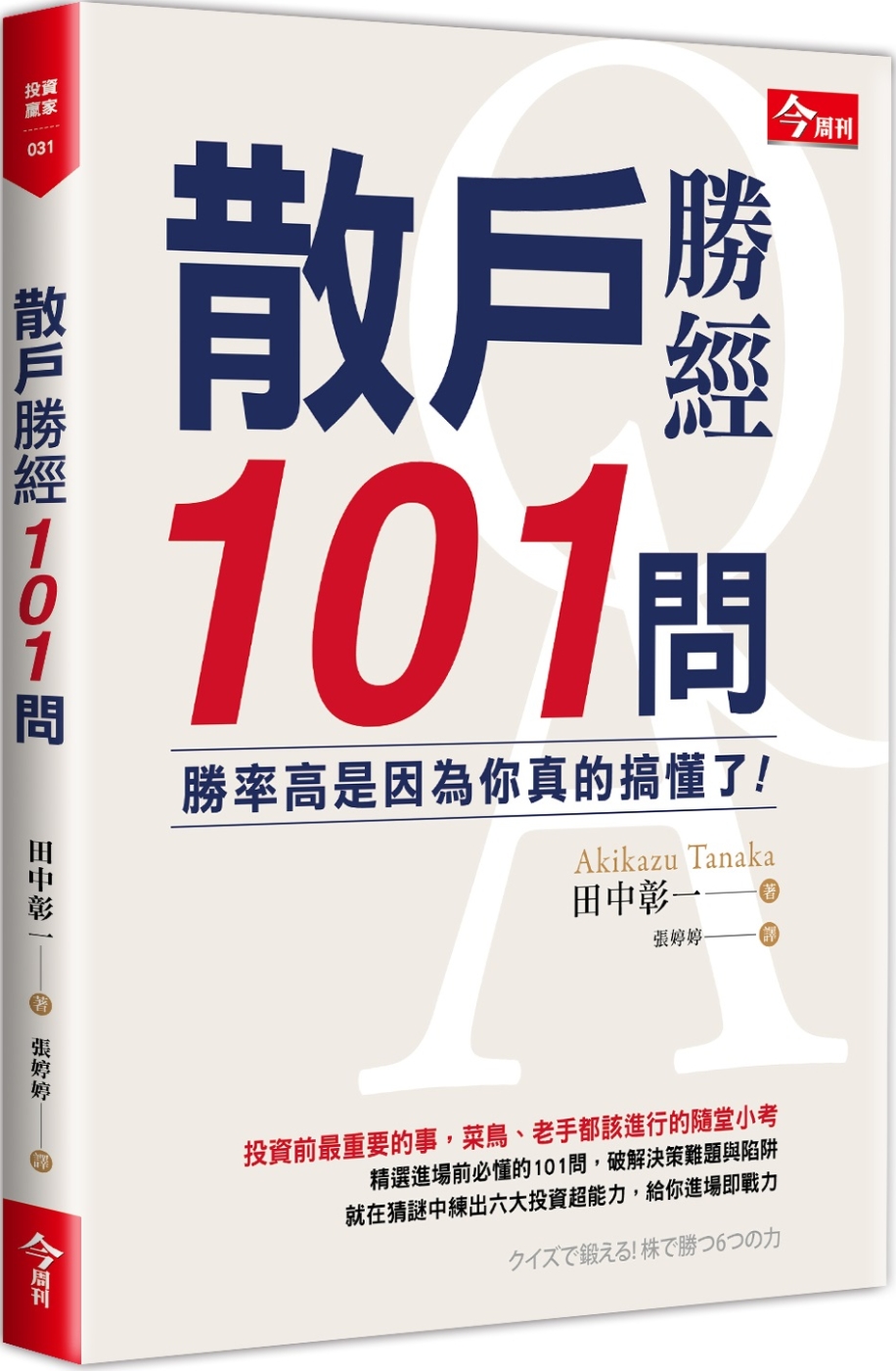 散戶勝經101問:勝率高是因為你真...
散戶勝經101問:勝率高是因為你真...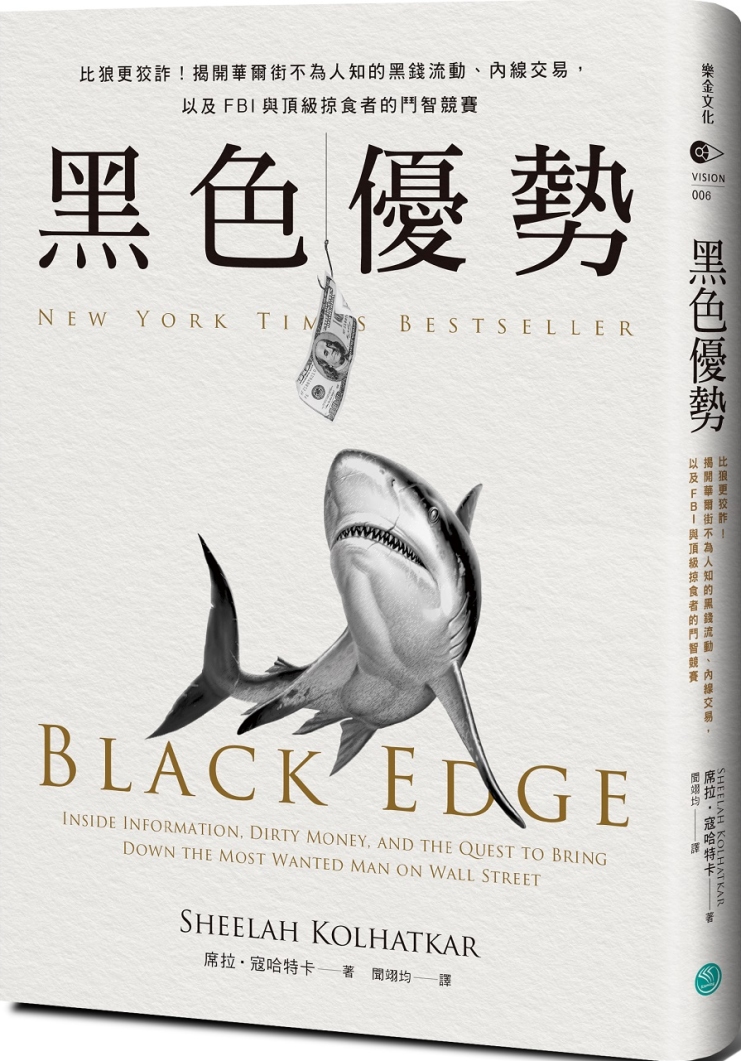 黑色優勢:比狼更狡詐!揭開華爾街不...
黑色優勢:比狼更狡詐!揭開華爾街不...